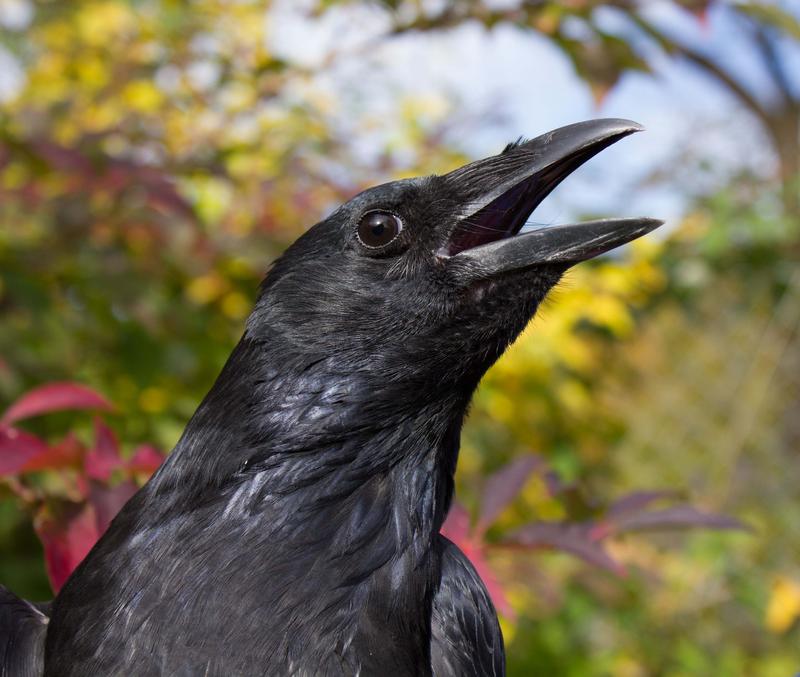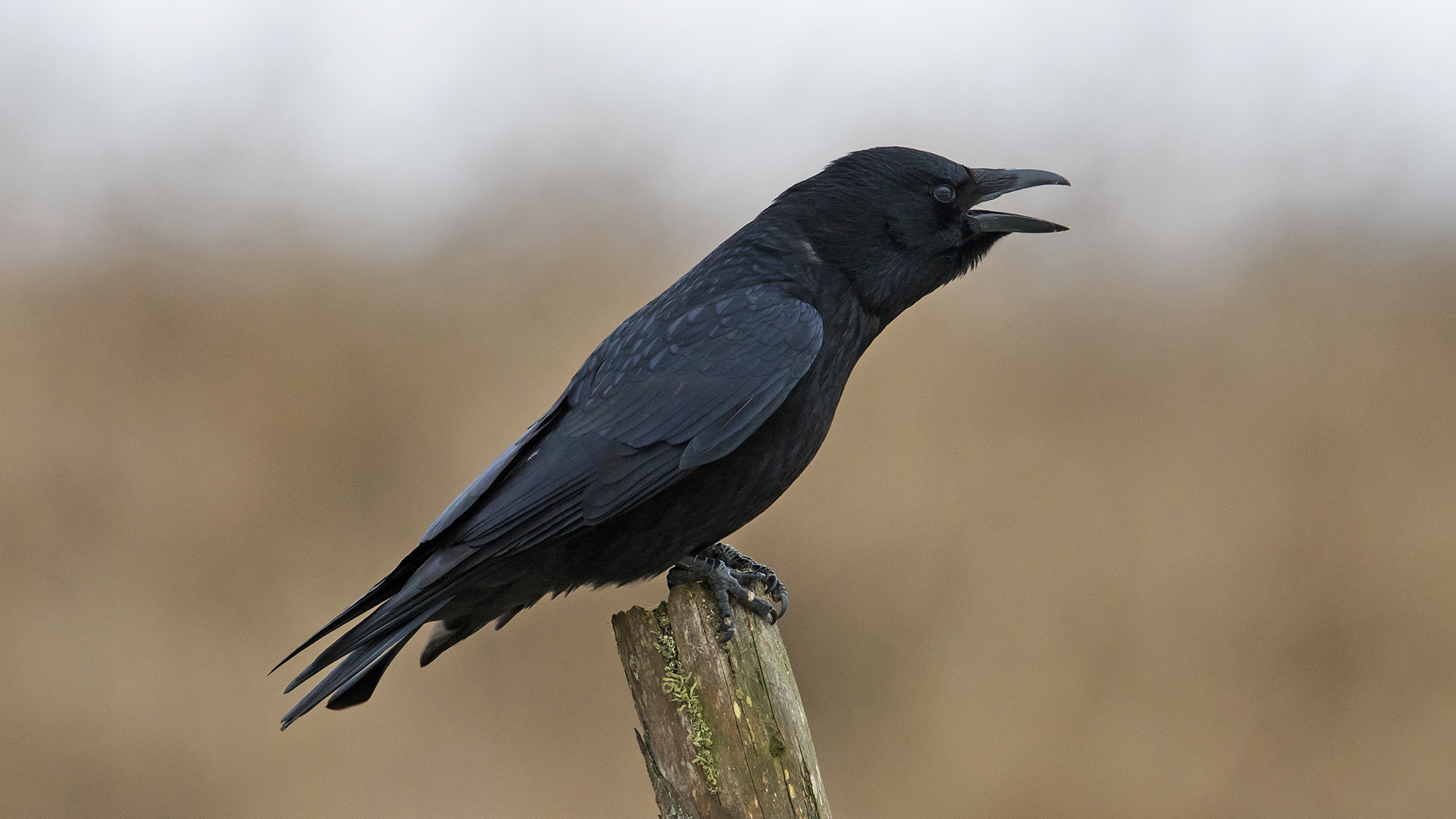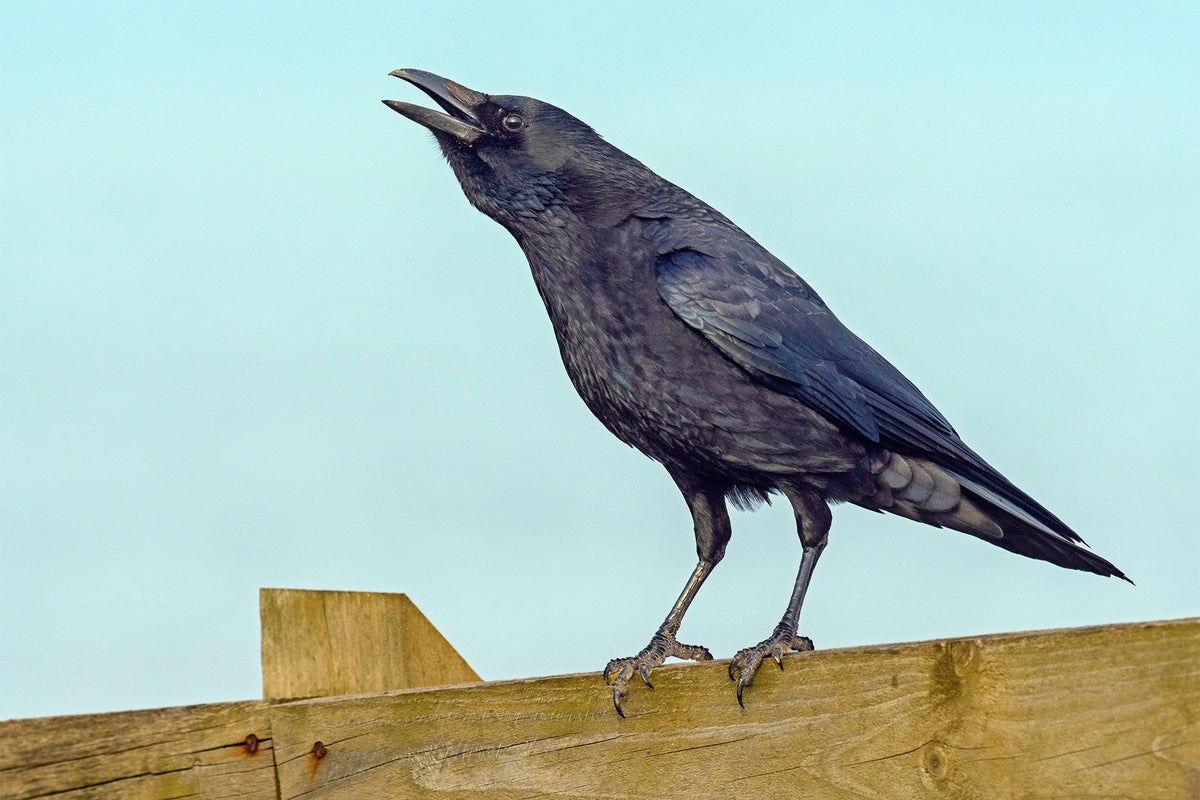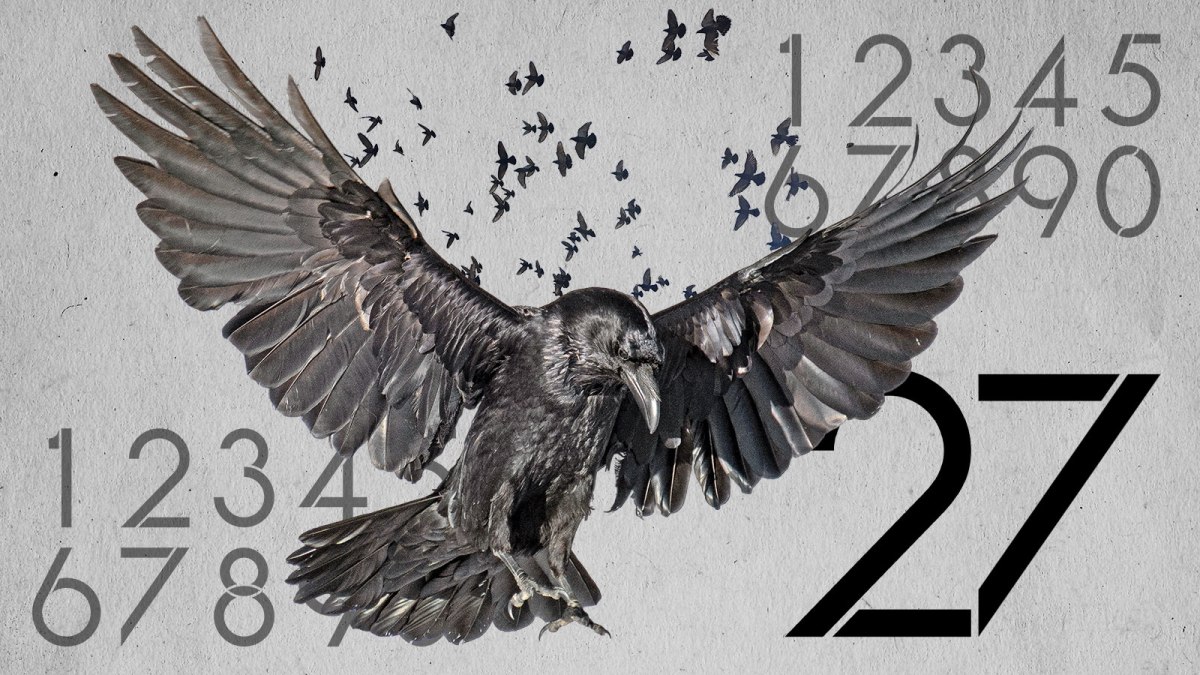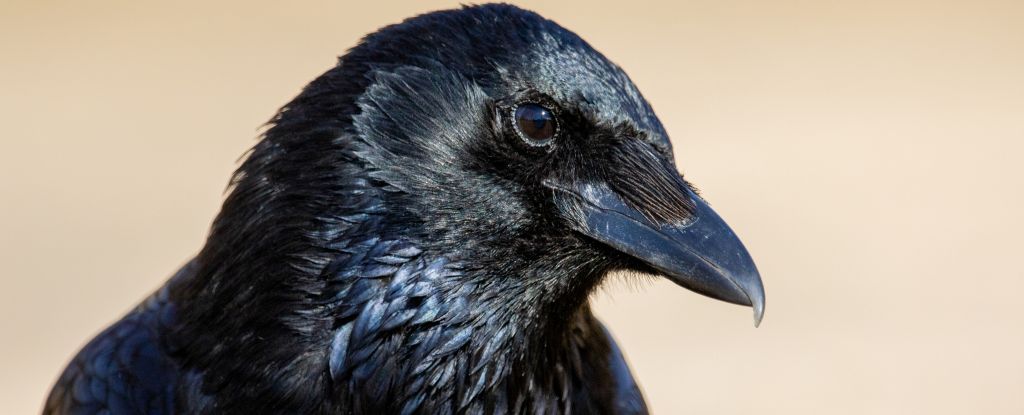Crows Demonstrate Advanced Cognitive Abilities in Vocalization
Recent research conducted by a team at the University of Tübingen has revealed that crows, specifically carrion crows, possess the ability to deliberately plan and count their self-generated vocalizations. Through a behavioral experiment led by Professor Andreas Nieder, the study showed that these birds can produce a set number of calls in a sequence, demonstrating a level of cognitive sophistication previously unknown in the avian world.
The experiment involved presenting the crows with Arabic numerals or specific sounds, prompting them to emit one to four calls in response. The researchers found that the crows were able to accurately count their calls in sequence, with the length of the delay between stimuli and vocalizations increasing as the number of calls required grew. This suggests that the crows were forming an abstract numerical concept to plan their vocalizations.
Despite occasional errors in counting, such as producing one call too many or too few, the crows’ ability to volitionally control their vocalizations highlights a combination of numerical competence and vocal control. This discovery challenges traditional notions of avian communication abilities and suggests that crows may possess a level of sophistication in vocal communication previously unrecognized by humans.
Advanced Cognitive Skills in Carrion Crows Revealed Through Behavioral Experiment
A groundbreaking study conducted by researchers at the University of Tübingen has shed light on the advanced cognitive abilities of carrion crows when it comes to vocal communication. Led by Professor Andreas Nieder, the research team observed that these birds are capable of planning and counting their self-generated vocalizations, showcasing a level of intelligence and cognitive flexibility previously unseen in avian species.
In the experiment, the crows were tasked with producing a specific number of calls in response to visual or auditory stimuli, demonstrating an understanding of numerical concepts and the ability to plan their vocalizations accordingly. Despite occasional errors in counting, the crows consistently displayed a high level of control over their vocalizations, suggesting a complex interplay between numerical processing and vocal production.
These findings not only highlight the cognitive prowess of carrion crows but also raise intriguing questions about the evolution of communication skills in birds. By demonstrating the ability to volitionally control their vocalizations, these birds may offer valuable insights into the nature of avian intelligence and communication strategies.
Carrion Crows Display Remarkable Cognitive Abilities in Vocalization Study
A recent study conducted by a research team at the University of Tübingen has revealed the remarkable cognitive abilities of carrion crows when it comes to vocal communication. Led by Professor Andreas Nieder, the team observed that these birds are capable of planning and counting their self-generated vocalizations, showcasing a level of intelligence and sophistication that challenges traditional views of avian cognition.
Through a series of behavioral experiments, the researchers found that the crows were able to accurately produce a set number of calls in response to visual or auditory stimuli, demonstrating an understanding of numerical concepts and the ability to plan their vocalizations accordingly. Despite occasional errors in counting, the birds consistently displayed a high level of control over their vocalizations, highlighting the complex interplay between numerical processing and vocal production.
These findings not only expand our understanding of avian intelligence but also suggest that carrion crows may possess communication skills previously unrecognized in the animal kingdom. By showcasing their ability to volitionally control their vocalizations, these birds offer valuable insights into the cognitive abilities and communication strategies of avian species.
